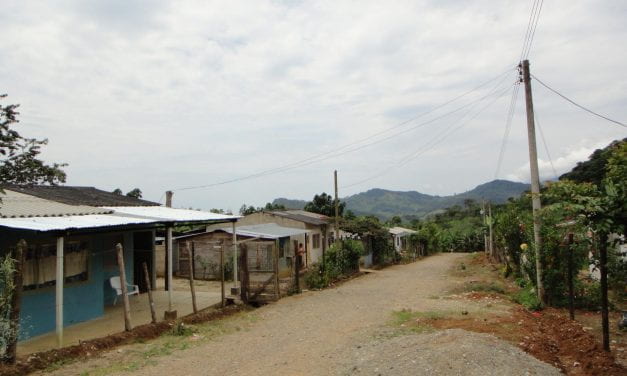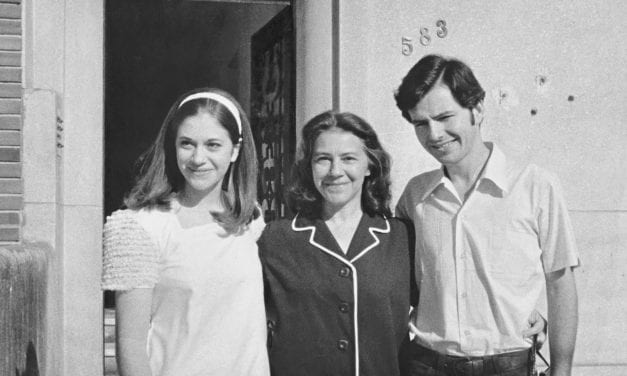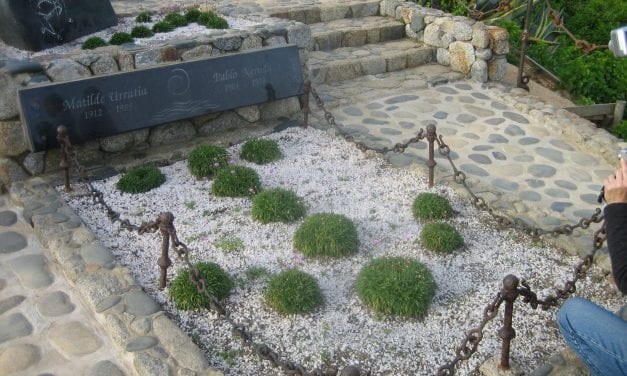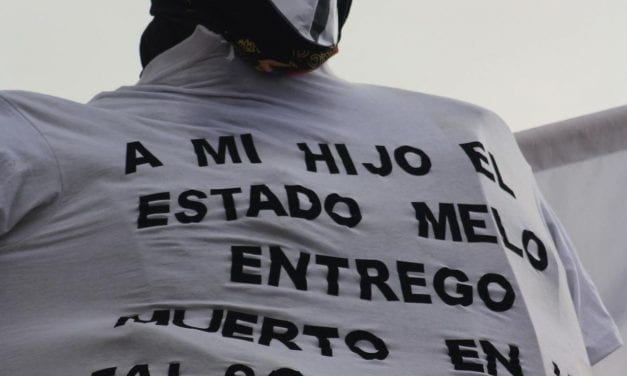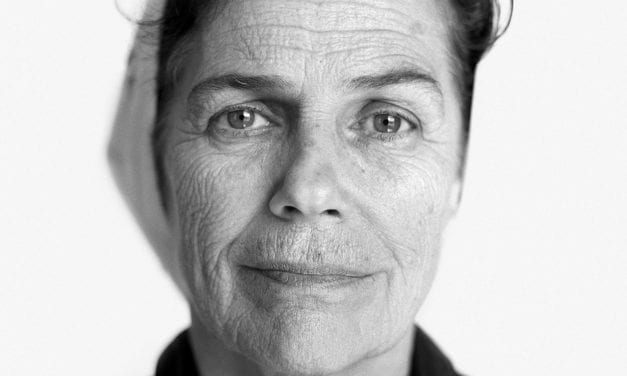Displacement and Community Organizing: Shifting Memories and Identities Around a Mocoa Kitchen Table
We were having lunch at María’s house in Mocoa, Colombia, when it struck me how much the story of her past was shaped by the legal framework that defines her today as a victim, and when I first met her, in 2011, as an internally displaced woman. Over the extended year of our collaboration, I witnessed Maria’s subtle transformation to fit the shifting legal frame. …
Read More
